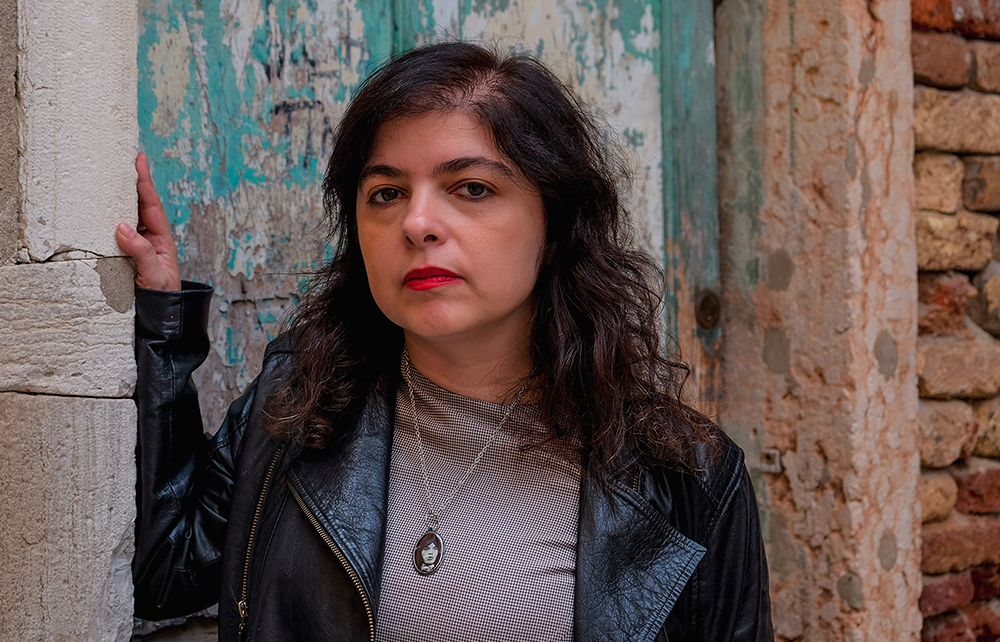‘In Argentina,’ Mariana Enriquez writes in Our Share of Night, ‘they toss bodies at you.’ It is an arresting, chilling image; one that Gaspar, the central character, experiences both literally and figuratively. Bodies are everywhere in this novel – whether dead, undead, dying or decomposing, at swim or making love – and what they feel and what they can know is the intellectual dynamic that underpins plotlines familiar from the work of Stephen King, the films of Guillermo del Toro and the horror drama Stranger Things.
The Order grew out of British occultism of the late 19th century and, by the 1980s, when the book opens, is a powerful, shadowy group, run from Argentina by two families, the Reyes and the Bradfords. They can commune with the Darkness, an entity that demands human sacrifice and promises ‘continued consciousness on this plane’ (they shy away from the word immortality). However, to do so, they need a medium. Over the years, they have found several, but they do not survive long. That is until the 1960s, when a sick boy, Juan, is discovered to have the touch. Bought from his parents, Juan becomes part of the family, and is set to lead the Order into their glorious future. The Order, however, did not count on his falling in love with Rosaria and the two of them having a son, Gaspar.
There is a high gothic flavour to this material, as well as lurid, brilliantly over-the-top moments of grotesquery, of high violence – pulse points of savagery that are extreme enough for even the most jaded reader to look away in disgust. And yet it is the aftermath of these acts, the legacy of the brutality, which gives Our Share of Night its disquieting power.








Comments
Join the debate for just £1 a month
Be part of the conversation with other Spectator readers by getting your first three months for £3.
UNLOCK ACCESS Just £1 a monthAlready a subscriber? Log in